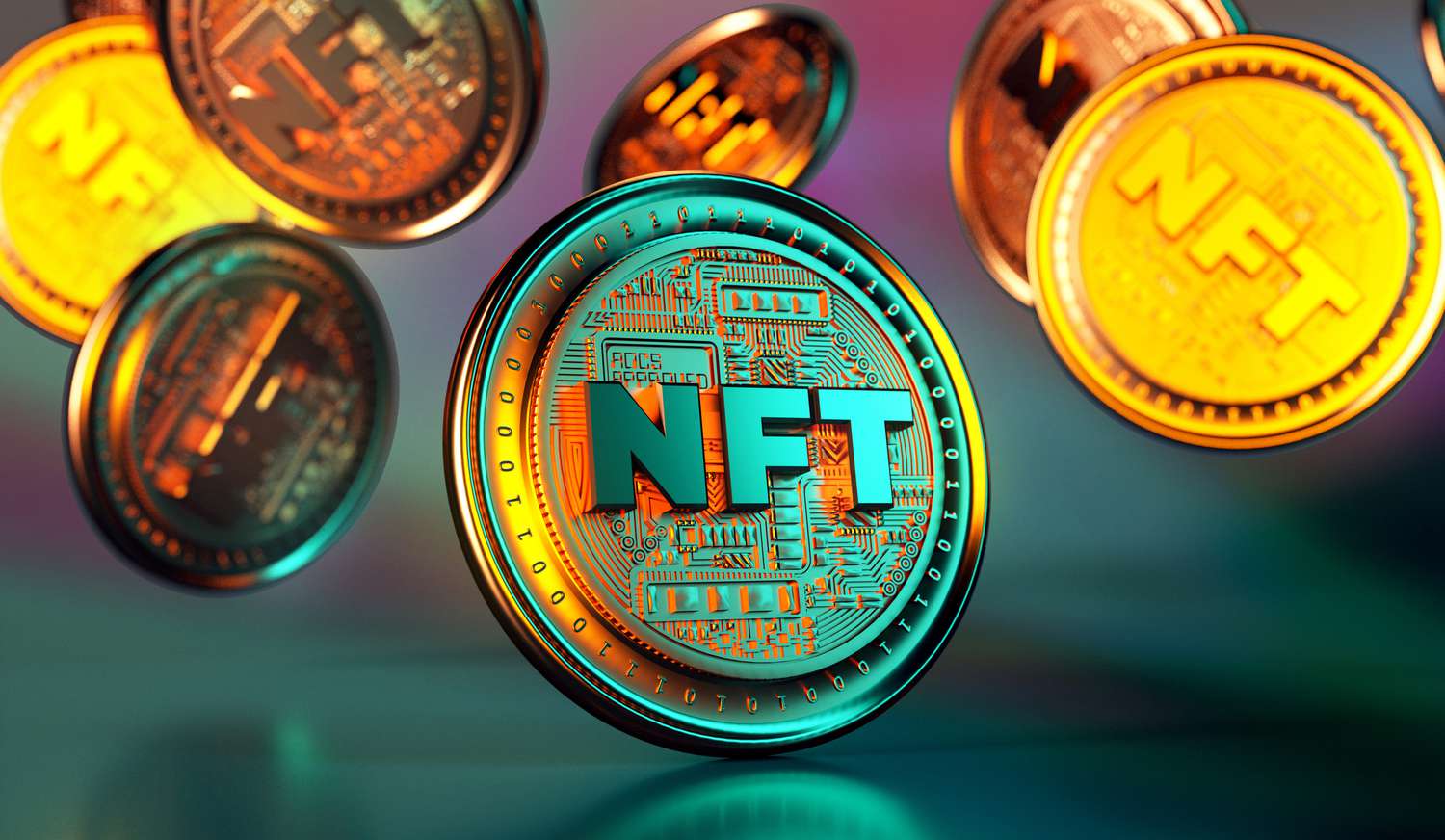|
Getting your Trinity Audio player ready...
|
South Korea’s financial watchdog, the Financial Services Commission (FSC), has issued a new set of guidelines aimed at bringing clarity to the regulation of non-fungible tokens (NFTs). This move comes ahead of the country’s first comprehensive crypto regulatory framework, set to take effect in July 2024.
The new guidelines focus on categorizing mass-produced NFTs that function similarly to cryptocurrencies. These NFTs, deemed fungible due to their exchangeable nature, will be subject to regulations akin to those governing regular crypto assets.
The new guidelines reported that the FSC, factors are, divisibility, mass production, and the ability to use the NFT for payments will be considered when classifying it as a crypto asset. Conversely, unique, non-transferable NFTs with little to no economic value, such as concert ticket NFTs or proof-of-transaction NFTs, won’t fall under this new categorization.
The FSC emphasizes a case-by-case review process, highlighting the absence of a single, rigid standard for classifying NFTs as cryptocurrencies. Additionally, the guidelines leave room for NFTs to be categorized as securities if they meet the criteria outlined in South Korea’s Capital Markets Act.
Also Read: Stradivari Secured: Galaxy Digital’s Million-Dollar Loan & The Rise Of Violin NFTs?
This regulatory push coincides with the imminent implementation of the Virtual Asset User Protection Act on July 19th, 2024. This landmark legislation aims to combat illegal activities within the crypto market, including insider trading, market manipulation, and fraudulent transactions. The act also mandates cryptocurrency service providers to implement stricter security measures, including cold storage for user funds and mandatory insurance programs.
South Korea’s two-pronged approach to crypto regulation signifies a significant step towards establishing a robust framework for the burgeoning digital asset industry. The new NFT guidelines, coupled with the upcoming Virtual Asset User Protection Act, demonstrate the country’s commitment to fostering a secure and transparent crypto environment for both businesses and investors.
Disclaimer: The information in this article is for general purposes only and does not constitute financial advice. The author’s views are personal and may not reflect the views of Chain Affairs. Before making any investment decisions, you should always conduct your own research. Chain Affairs is not responsible for any financial losses.
With a keen eye on the latest trends and developments in the crypto space, I’m dedicated to providing readers with unbiased and insightful coverage of the market. My goal is to help people understand the nuances of cryptocurrencies and make sound investment decisions. I believe that crypto has the potential to revolutionize the way we think about money and finance, and I’m excited to be a part of this unfolding story.




